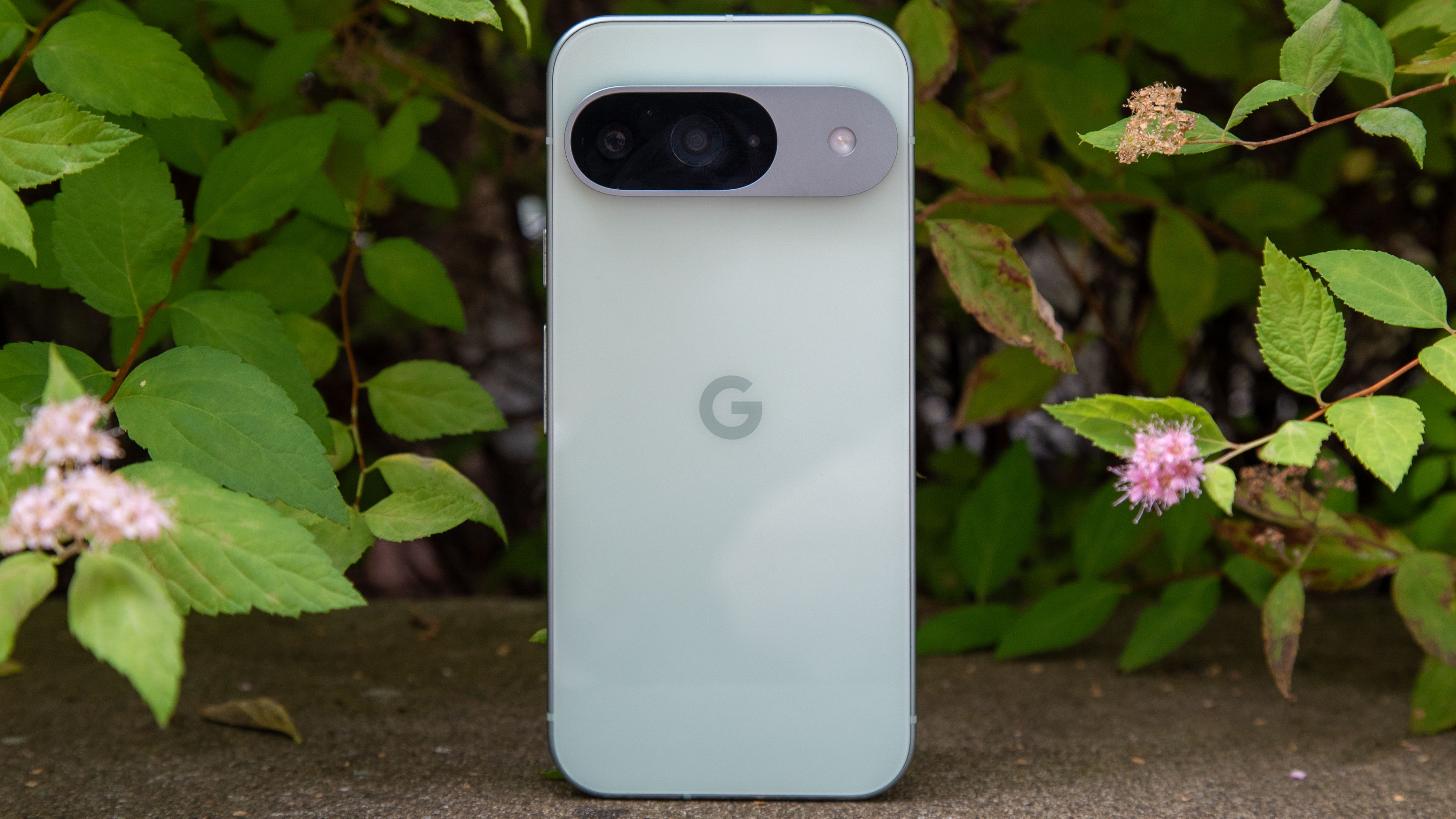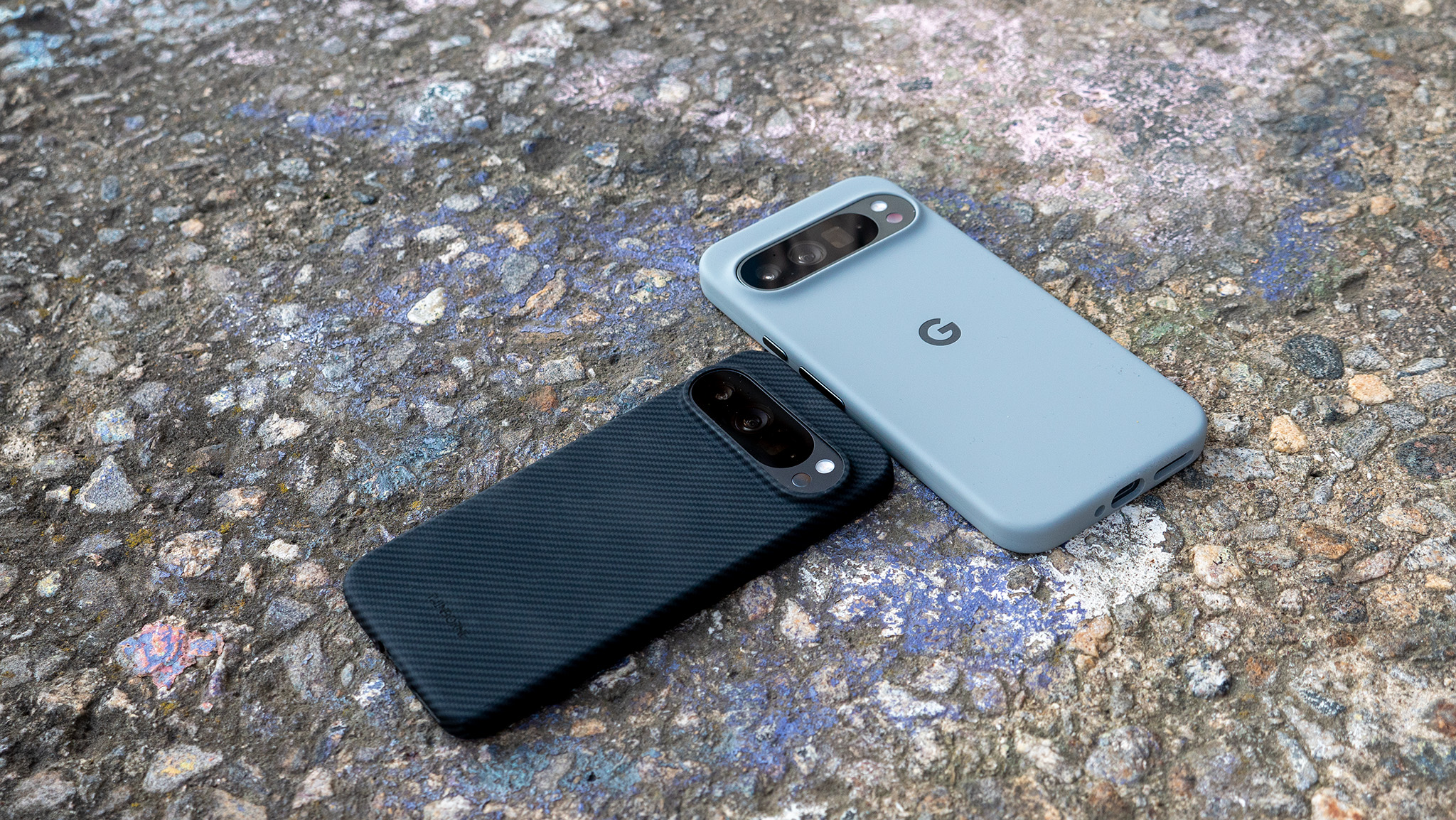Pixel 9a could grab a year-old modem and a curious Tensor G4 change
The rumored changes to the Tensor G4 remind us of another Pixel.

What you need to know
- Rumors claim Google plans to pack the older Exynos Modem 5300 in the Pixel 9a instead of the upgraded 5400 like the flagship Pixel 9.
- Speculation adds the device could also feature a "slightly different" Tensor G4 as the packaging method for it in the Pixel 9a could result in higher temperatures.
- A few alleged real-life images of the Pixel 9a leaked, showing off a surprisingly small camera visor.
Consumers are just getting their hands on the flagship Pixel 9 series, but some interesting rumors have surfaced about its budget variant.
Kamila Wojciechowska writing for Android Authority claims the upcoming Pixel 9a will not use the same modem as its flagship friends. The tipster claims Google's next budget phone will continue to use the Exynos Modem 5300 SoC that its Pixel 8 and Pixel 7 series featured last year.
The post notes how the Pixel 9a may miss out on the efficiency increases and cooling capabilities the Exynos Modem 5400 provides the flagship line.
The other side of these rumors involves Google's SoC, which will supposedly be a "slightly different" version. The publication states that the Tensor G4 packed in the Pixel 9 will hit the Pixel 9a; however, the "plastic package" will reportedly differ. The packaging method of an SoC can affect the performance of a chip.
More importantly, the difference in method can notably affect its heating/cooling capabilities. Kamila states the Pixel 9a's Tensor G4 could feature the IPoP packaging method instead of the flagship's FOPLP, which delivers a cooler experience.

What's interesting about this potential packaging change for the Pixel 9a is that we've seen similar behavior with the Pixel 7a. It was stated in 2023 that Google opted for a "slightly worse" method for its budget device: IPOP. The other option was Samsung's FOPLP-PoP proprietary technology. Switching to IPOP could cause the device to heat up quicker than the other, negatively impacting the phone's performance.
IPOP is also "thicker and larger," according to Kamila's initial revelation about Google's packaging change last year. Whether Google decides to do the same for the Pixel 9a remains to be seen.
Get the latest news from Android Central, your trusted companion in the world of Android
Elsewhere, Pixel 9a rumors continue as a few alleged real-life images leaked about it late last month. The device will seemingly sport Google's new boxy design like the flagship models, but a slight change could hit its rear panel. While the Pixel 9 series boasts a pretty large (and not-so-sorry) camera bump, the 9a could take a minimalistic approach.
The photos show the bump could be incredibly small with two camera lenses and an LED flash on the outside of the array. There's no telling how this could affect the sensors (and megapixels) of the Pixel 9a. The design change is also quite different from Pixel A-series past as those phones typically remain close to the flagship line.
The Pixel 9a is expected to launch in Q2 2025.

Nickolas is always excited about tech and getting his hands on it. Writing for him can vary from delivering the latest tech story to scribbling in his journal. When Nickolas isn't hitting a story, he's often grinding away at a game or chilling with a book in his hand.
You must confirm your public display name before commenting
Please logout and then login again, you will then be prompted to enter your display name.
